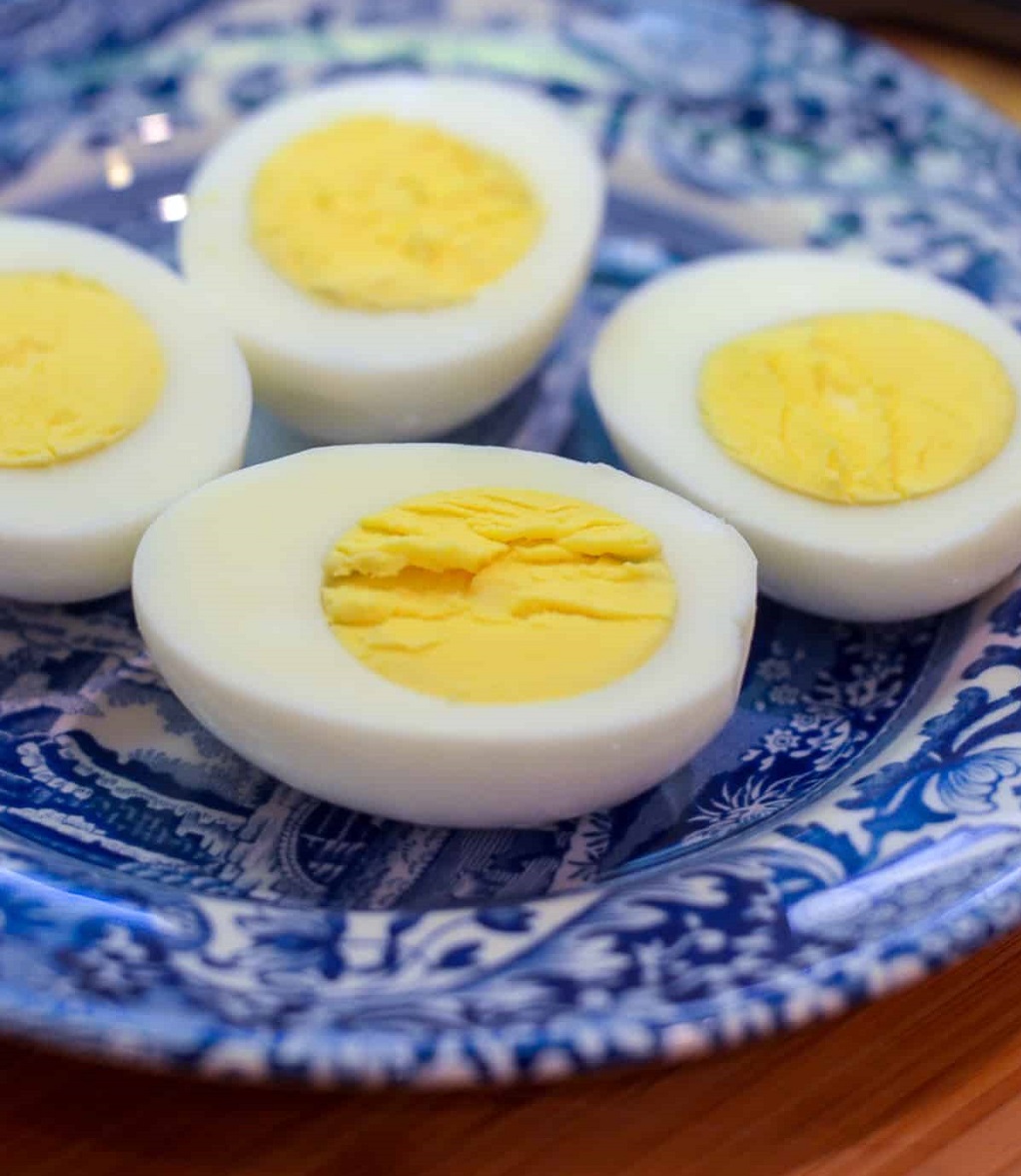How to Ensure Your Autistic Child Gets the Right Nutrition?
Introduction
People suffering from autism suffer from nutritional insufficiency from the beginning. But, unfortunately for you, ASD and following a healthy diet plan doesn't go hand-in-hand. Your child will make a scene in this aspect no matter what you're doing.
However, parenting has always been quite challenging, right? And, as a loving mom/dad, it's your duty to offer the best possible future for your child. So, for that, you must start working from their childhood and starting with changing their diet plan or looking at additional nutritional support supplements.
Hopefully, I can help you with it through this article.
The Treasure Cove Of Autism-Friendly Food
According to a study, an individual suffering from autism should always focus on whatever nutrition they're missing out on. Hence, before you make a routine for your kid, you should always talk to a doctor and determine what your kid is lacking and which foods to avoid.
Depending on the same, the nutritionist might ask you to provide them with the following –
Option – 1: Beans
Beans, in essence, are an excellent source of fiber. Therefore, it can protect your child against heart-related illness, lower their cholesterol, and improve their stomach health. Additionally, it also comes with loads of protein, which can be ideal for increasing their strength.
Option – 2: Peanut Butter
Most children with autism tend to lack vitamin B6 and magnesium. This makes it difficult for them to maintain their balance and increase the risk of diabetes. However, you can take care of this issue by letting your kid eat a little bit of peanut butter daily. It's tasty too!
Option – 3: Eggs

Truth be told, eggs contain a decent amount of cholesterol. However, they don't affect your blood LDL adversely at all. Additionally, they're also incredibly nutritious, as they come with folate, vitamin A, selenium, and much more. Ideal for a healthy breakfast, no?
Option – 4: Spinach
Yes, yes, I know. Spinach isn't as tasty as whatever else I have listed here. However, it comes with a huge amount of potassium and, thus, can regulate your blood pressure. Additionally, it can also prevent macular degeneration and protect your eyes from harm.
Option – 5: Oatmeal
Last yet not least, if you want to increase your child's fiber and protein intake, oatmeal can be an excellent option too. Besides, it can also lower your blood sugar level, ease constipation, and relieve skin itching or irritation to some extent too.
What Should You Avoid?
Keep this in your mind – not everything out there is ideal for your child, especially if they're suffering from autism. Hence, before you start working on a diet plan, it'll be important for you to know about them. Don't forget to keep scrolling, then.
Option – 1: Gluten
Most kids with autism tend to suffer from digestive distress from the beginning. Now, if you give them gluten-based food, this issue will become even more prominent. Also, eating this type of food can lead to neuro-immune abnormalities for them as well.
Option – 2: Dairy
If casein (a type of protein found in dairy) gets mixed up with stomach acid, it can produce something known as an exorphin. This, in turn, can lead to a myriad of issues, including:
- Spaciness,
- Brain fog,
- Inability to concentrate properly, etc.
Besides, it can also promote internal inflammation, which might be critical for any child with autism spectrum disorder.
Option – 3: Sugar
Apart from being a pro-inflammatory element, sugar can increase erratic brain-cell firing too. Hence, it can lead your child to get depressed or become talkative all of a sudden. Besides, it's quite addictive as well and can promote hyperinsulinemia in children.
Creating The Route For A Better Future!
Although I've offered as much information as I could, it still isn't comprehensive enough I think. My aim of writing this article was to offer you an idea about how you should handle your child's nutrition. Therefore, I'll still ask you to visit a doctor and talk to them about what your kid should eat for the betterment of their health or future as well as additional therapies to support autism treatment.
They may have to check your toddler first before making any assessment. But, it's for the best. So, let them do whatever they're asking. Hopefully, it'll help you out in the end!
839GYLCCC1992



Leave a Reply